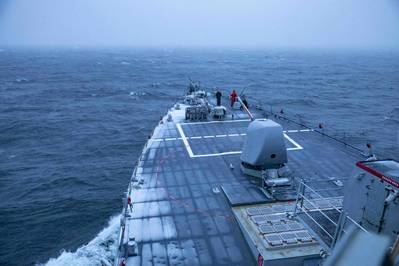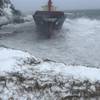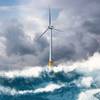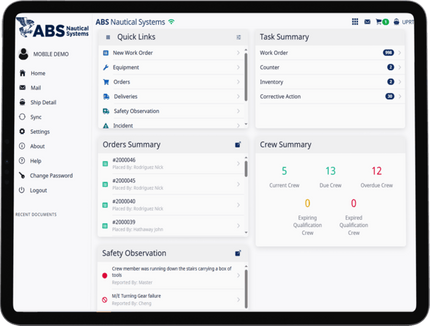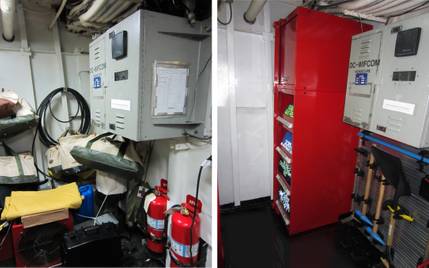Estonia Proposes Baltic Shipping Fee to Fund Subsea Infrastructure Protection
Shipping companies using the Baltic Sea, one of the world’s busiest maritime routes, may face a new fee to help finance the protection of critical undersea cables, Estonia’s defense minister suggested on Wednesday. The proposal comes in response to a series of breaches that have raised security concerns.
Last week, NATO announced plans to deploy frigates, patrol aircraft, and drones in the Baltic Sea following multiple incidents where ships allegedly damaged power and communication cables with their anchors in suspected acts of sabotage.
Beyond military patrols, Estonian Defense Minister Hanno Pevkur emphasized the need for additional security measures, including the installation of sensors to detect anchor movements on the seabed and the construction of protective casings or barriers around vulnerable cables. However, such measures come with significant costs, which could ultimately be passed on to consumers through taxes or higher utility rates.
As an alternative, Pevkur proposed imposing a fee on ships transiting the Baltic Sea, which is bordered by eight NATO countries and Russia.
“When you go to an airport, you pay landing and airport fees, which are included in ticket prices,” Pevkur explained in an interview with Reuters in Tokyo. “In the future, we might see a similar charge for vessels passing through the Danish straits—essentially an insurance fee against cable damage.”
He noted that various options are being considered and that a collective decision among affected countries would be necessary.
Each year, approximately 150 undersea cables suffer damage, according to the UK-based International Cable Protection Committee. The Baltic Sea is particularly vulnerable due to its shallow waters and dense maritime traffic, with an estimated 4,000 ships crossing daily.
The urgency to enhance security intensified this week after Swedish authorities detained a Maltese-flagged vessel suspected of causing damage to a cable between Latvia and Sweden. This incident is one of four similar cases in just over a year, affecting power and telecom infrastructure between Estonia, Finland, and other nations.
While investigations are ongoing, Pevkur suggested that the pattern of incidents points to coordinated interference by ships linked to Russia’s so-called “shadow fleet.”
“When we see that these vessels belong to Russia’s shadow fleet, despite flying different flags, we must connect the dots,” he said.
Moscow, however, has dismissed such claims, accusing Western nations of making baseless allegations regarding its involvement.
(Reuters + Staff)



